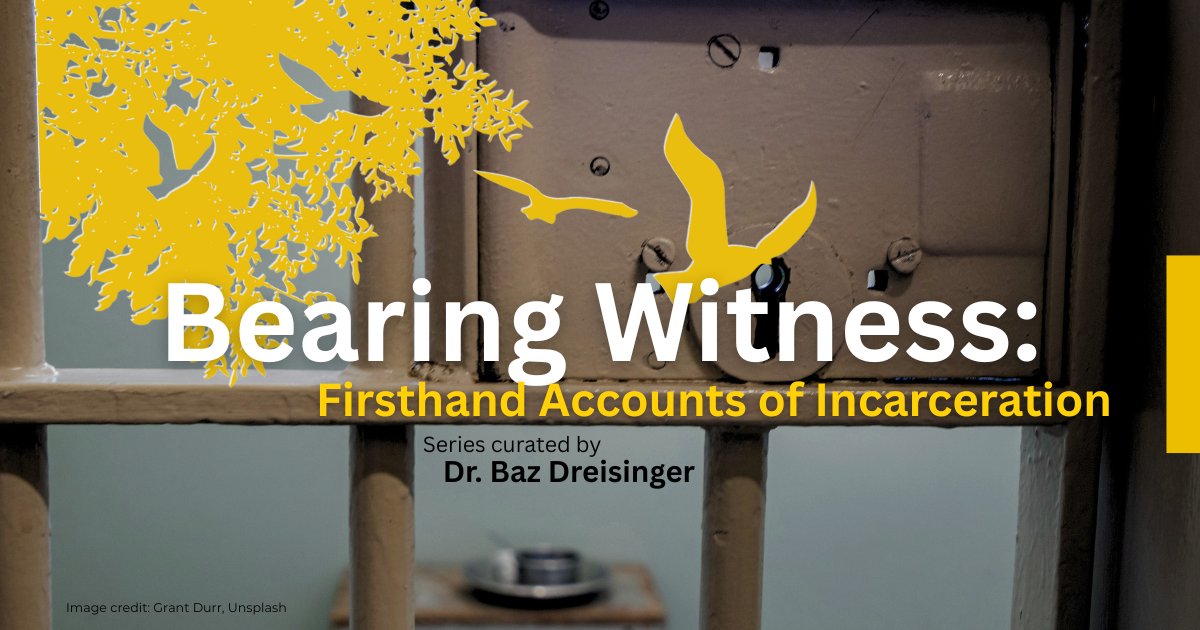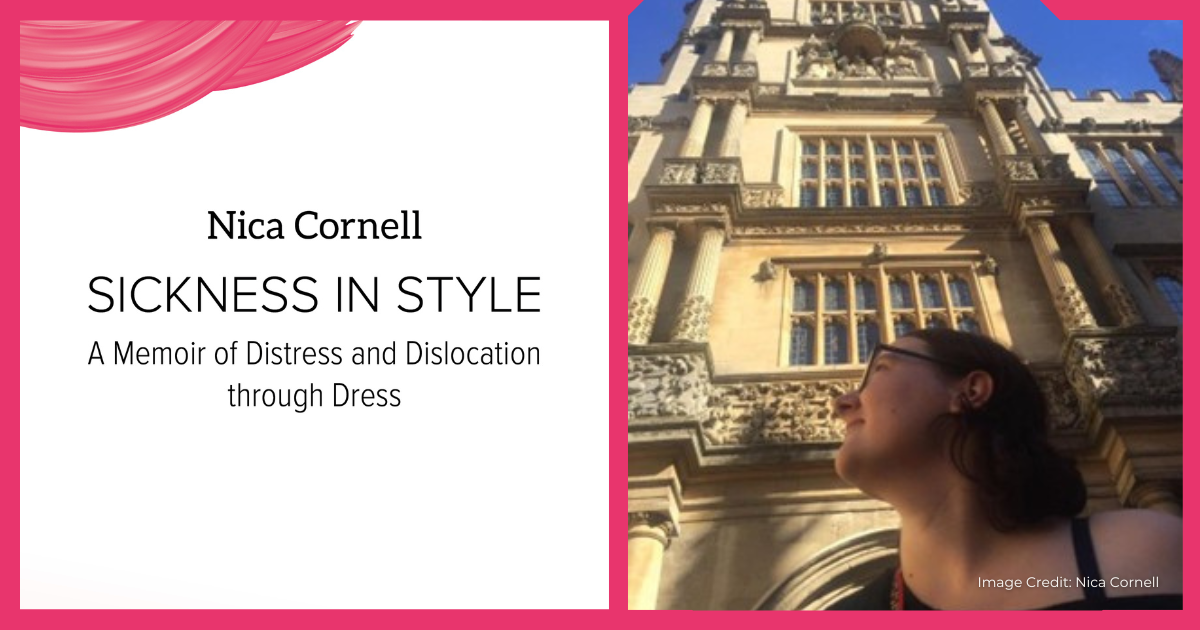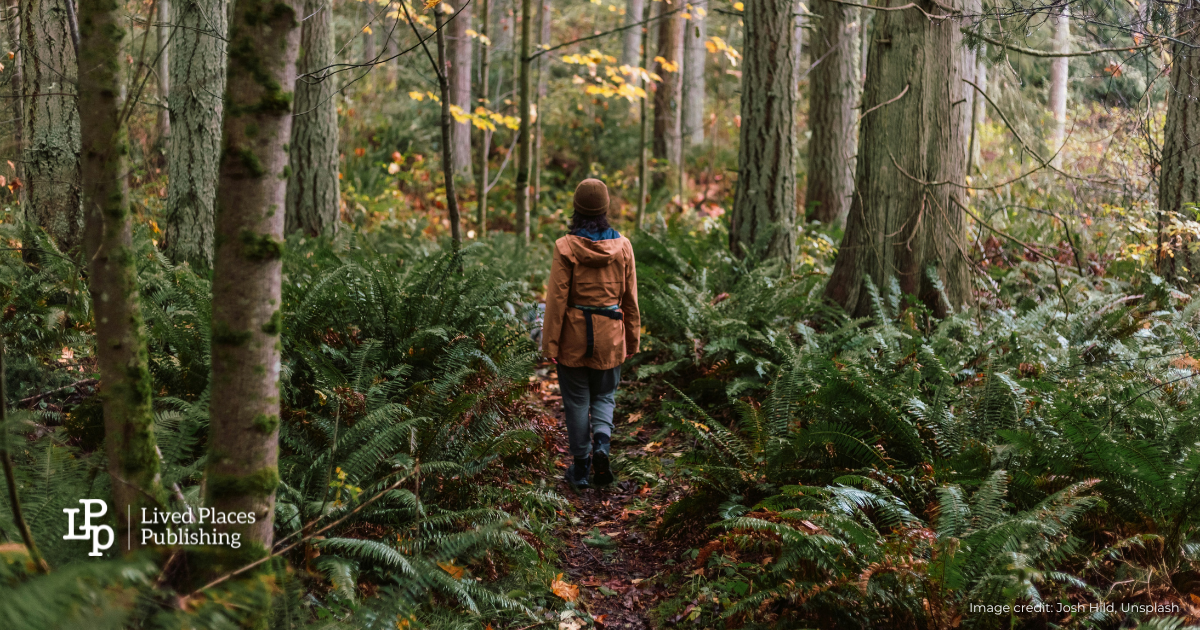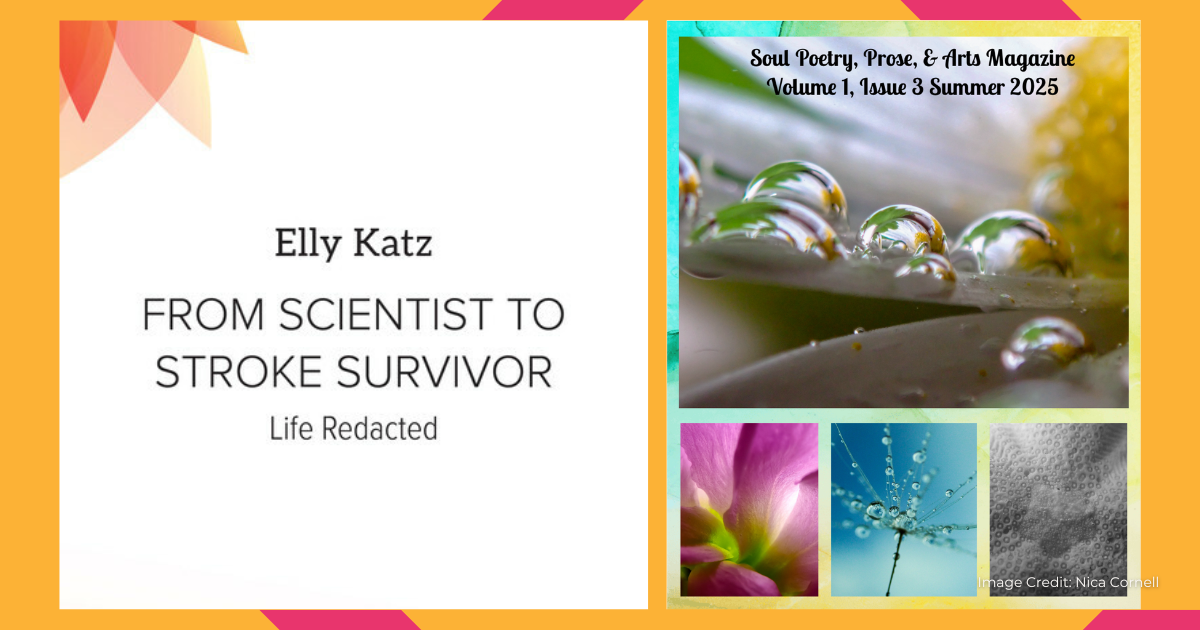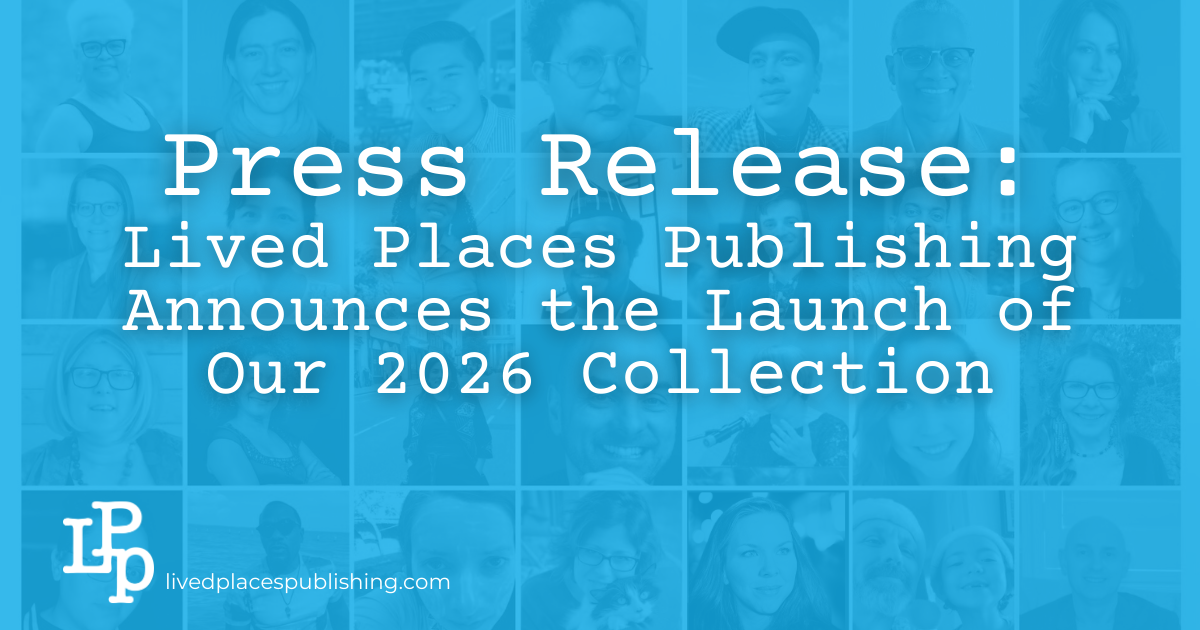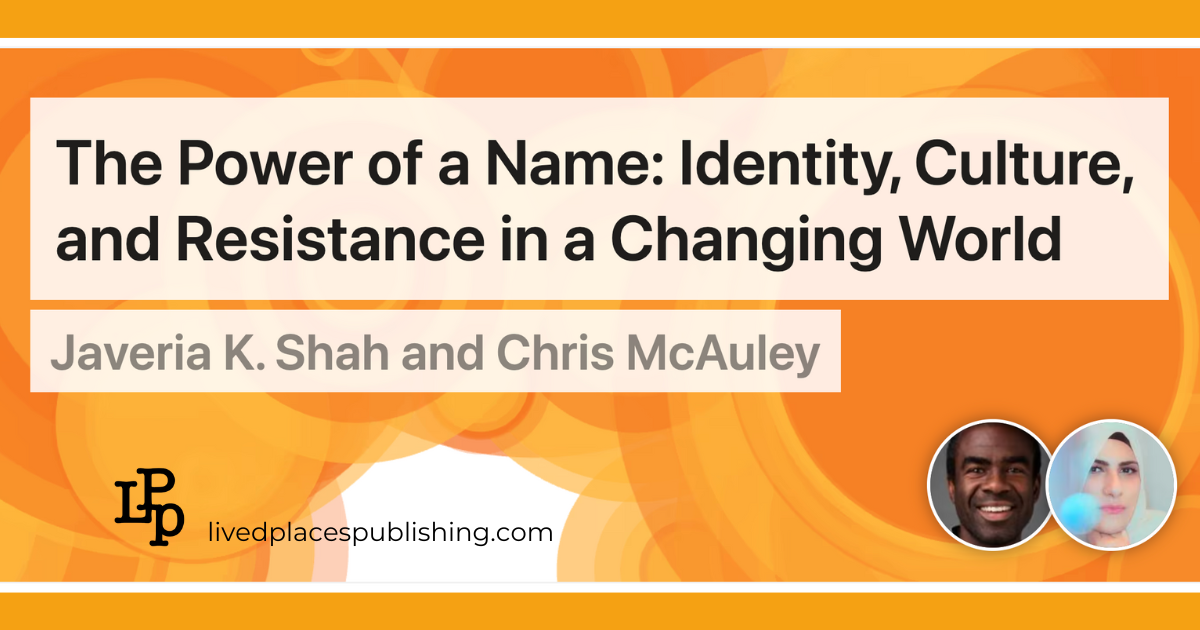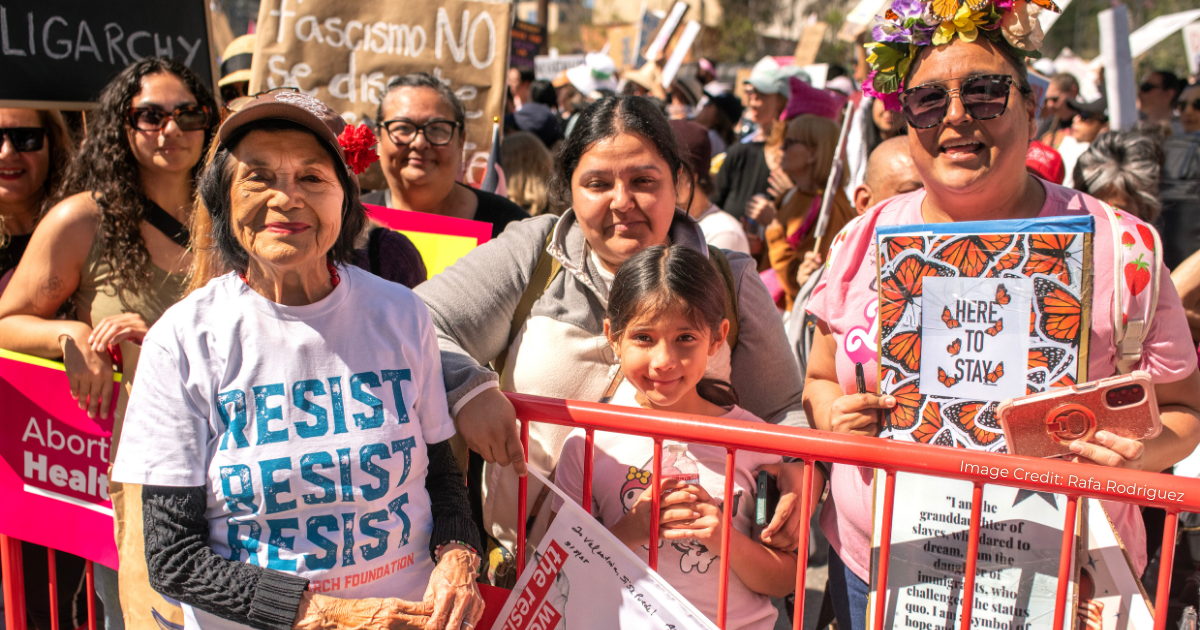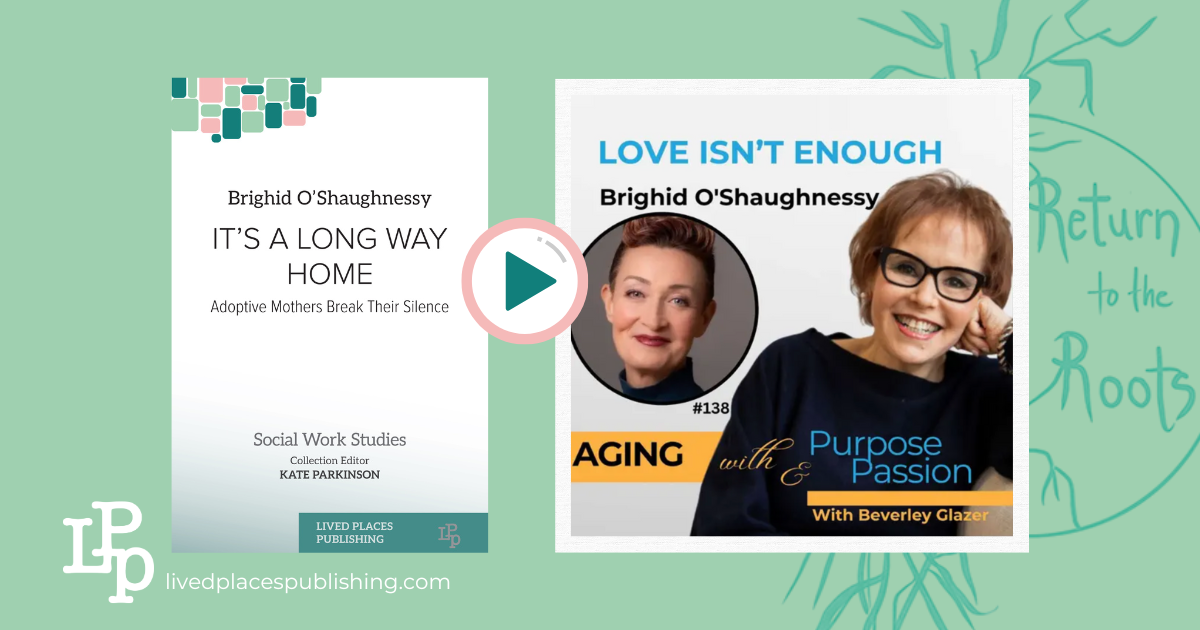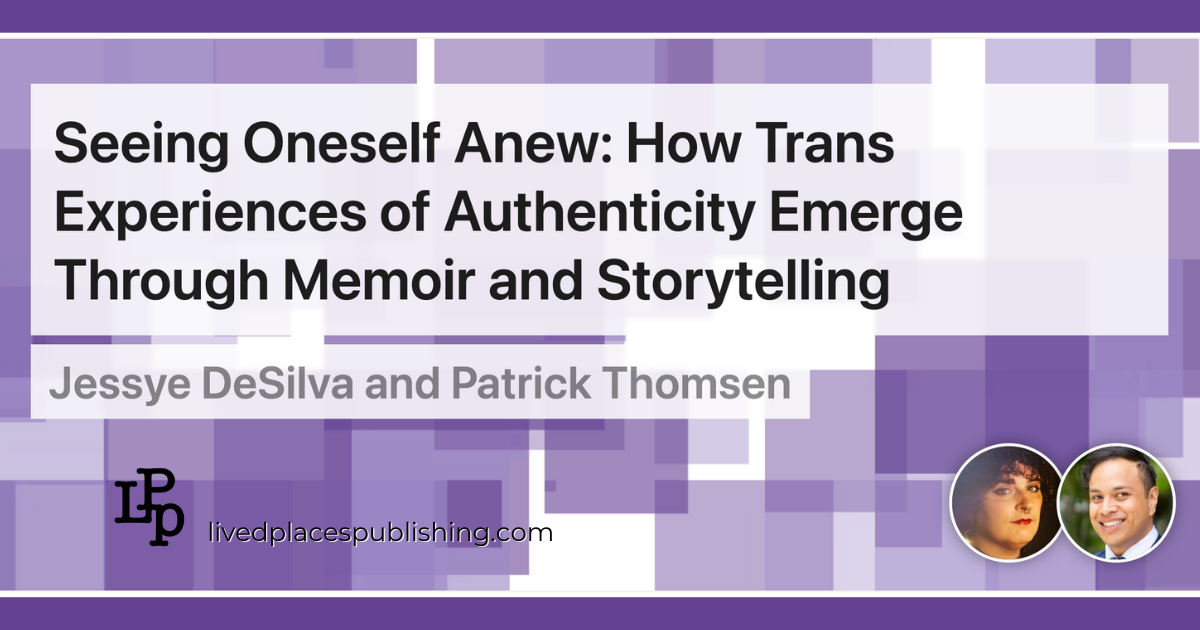My Time in Solitary Confinement: The Truth About Kutuma at Brandvlei Old Maximum in South Africa
A personal account of being in solitary confinement in a Correctional Centre in South Africa – 42 days in an infamous section of the prison where several people in prison have died since 2023.

